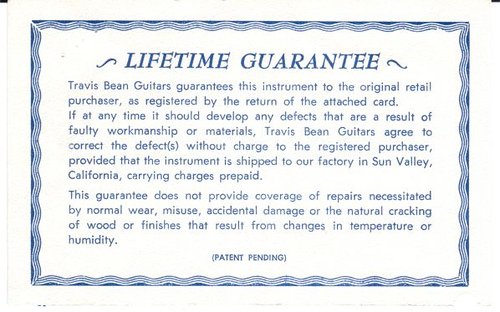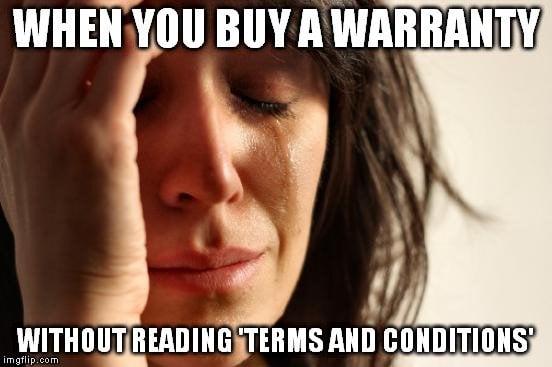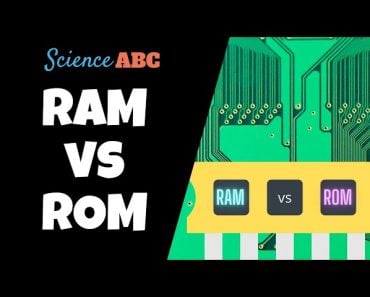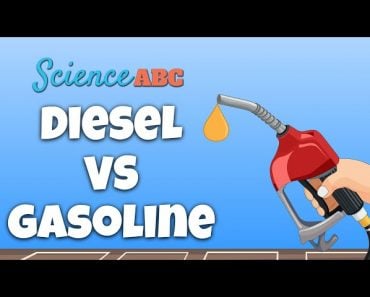Table of Contents (click to expand)
A ‘guarantee’ is also a promise of the maker regarding the quality of a certain product to its consumer, only it’s a more comprehensive term and carries more value in customers’ eyes.
‘A guarantee is better than a warranty. Isn’t it obvious?’
That’s what most people would say if you asked which one was better. These are two most commonly used words in the commercial world; no matter where/what/why you buy, you will be bombarded with these two terms more than you might expect. And yet, a lot of people still don’t understand the differences between the two.
So, let’s deconstruct these terms and look for differences between them.
Recommended Video for you:
What Is A ‘Warranty’?
The dictionary definition of the word ‘warranty’ is ‘a written guarantee, issued to the purchaser of an article by its manufacturer, promising to repair or replace it if necessary within a specified period of time’. In other words, it’s a formal promise of the manufacturer to the consumer (of their product) assuring them that, for a given period of time, the quality and performance of the product shall be on par with the expectations of the consumer.
Suppose that while shopping in an electronics store, the salesman informs you that you will receive a warranty of 3 years if you buy the hard drive of a particular brand. This means that the manufacturing company of that hard drive would repair, replace or refund you should the hard drive become dysfunctional within the time span of three years.
What Is A ‘Guarantee’?
A ‘guarantee’ is also a promise of the maker regarding the quality of a certain product to its consumer, only it’s a more comprehensive term and carries more value in customers’ eyes. Although a guarantee may be written into a warranty contract, it’s typically not as well-defined as a warranty.
Imagine if I sold you a product that I made and told you that it had a guarantee of five years. This would mean that I’d be answerable to you in case the product did not perform as expected or if something went wrong with it internally (companies don’t generally guarantee external damages).
The difference between the two can be summarised as:
| Warranty | Guarantee |
| Assurance | Promise |
| Repair | Replacement/Refund/Repair |
Difference Between Warranty And Guarantee
From a purely legal standpoint, there isn’t a significant distinction between a warranty and a guarantee, but there are still a few differences that you should be aware of:
General Perception
Although not technical at all, this is the most important point of distinction between the two. People associate the term ‘guarantee’ with a full refund or replacement of the product itself, whereas a warranty often points in the direction of repairs and maintenance to the same product. Quite predictably, therefore, a guarantee is generally considered better than a warranty in public opinion.
So, if you get a guarantee of a specific time period on a television, you would expect a replacement or a full refund of the TV should it go out of order within a year, regardless of whether you get a written guarantee letter or not. A warranty, on the other hand, is usually associated with the repair/mending of the product within a stipulated time span.
Time Span
A warranty letter clearly states the time period for which a warranty is valid for a given article or product. The time span for which the warranty is valid may range from a few weeks to more than a dozen years. A guarantee, on the other hand, is not so clearly defined in terms of the time period for which it is valid, except in some cases (e.g., a ’30-day money-back guarantee’). A guarantee is more of a generic term that makers use quite commonly to enhance the credibility (and consequently, sales) of their products. That’s why companies often use the term ‘lifetime guarantee’ while marketing their products, even if it’s only a 10-year warranty with the subscript of ‘terms and conditions may apply’ that they are providing.
For instance, consider this:

If you read through the terms carefully, you’d realize that this is basically a warranty being called a ‘lifetime guarantee’.
Monetary Perspective
A warranty for a stipulated time period usually comes free when you first purchase a product. However, a warranty sometimes attracts charges in the form of an insurance policy. You also have the option to buy an extended warranty by paying extra. A guarantee, on the other hand, is always free.
As A Legal Contract
Typically, a guarantee is a contract without any payment, but a warranty is a legal instrument that can be used as a valid legal document to sue the seller/manufacturer should the promised services not be rendered appropriately.

Although there are definitely plenty of technical ramifications involved in terms of giving assurances on a commercial scale, this brief summary gives you a basic idea about the distinctions and similarities between a guarantee and a warranty. It’s clear that there is no obvious winner here; all you have to do is make sure not to forget to read the ‘terms and conditions’ when buying a product.













